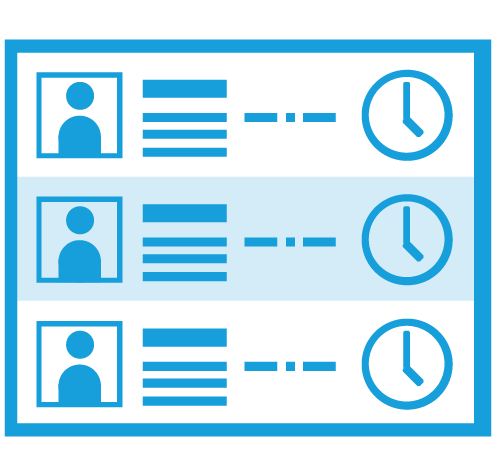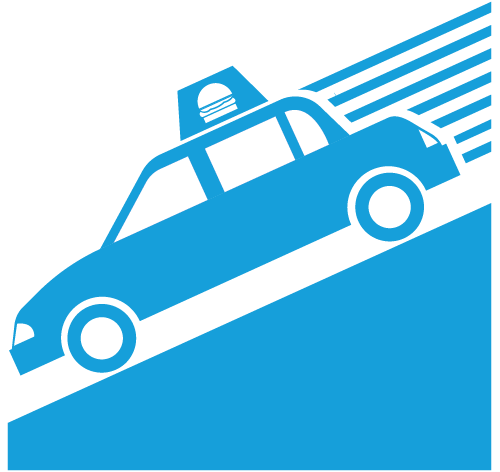Industry News
Understanding Credit Card Payments
 Today, accepting credit cards at restaurants is standard practice since cash businesses wind up missing out on $7,000+ a year in sales. Not to mention that guests will often spend more money when they are able to use their card at a restaurant.
Today, accepting credit cards at restaurants is standard practice since cash businesses wind up missing out on $7,000+ a year in sales. Not to mention that guests will often spend more money when they are able to use their card at a restaurant.
Even with such a common and popular payment method, there can be some confusion even among the most seasoned of restaurant owners about what exactly credit card payments entail and how they work.
Whether you are implementing a new credit card processing system into your already-established restaurant or just starting out, credit card payments can be better understood and streamlined with the right knowledge, tools and POS system.
Are You Accepting Credit Cards Online Or In-Store?
Depending on your goals, your credit card payment methods will vary. Are you planning on only using cards in-store, or will online payments also be available?
In-store payments require the necessary hardware, be it an up-to-date POS system at the counter or a mobile POS credit card reader that can attach to a tablet or other device.
Determining how you will be accepting and managing credit card payments will help you find a provider and POS system that will be able to integrate with your preferred payment platform.
You Will Need A Merchant Account Or All-In-One Provider
Before you can process a customer’s credit card, you will need to create a merchant account from your bank or an all-in-one-provider that provides all your credit card processors.
When choosing a credit card processing company, compare the payment systems, fees and costs, setup time, and accepted payment types.
That way, you can find the right merchant account to meet your needs at the best price.
There Will Be Card Processing Fees
Credit card payments aren’t a one-and-done service. Realize that once a card is used, there are processing fees that will go to outside parties for their role in the transaction:
- Payment Gateway: The companies that provides the hardware and software to process the credit card and complete the transaction.
- Card association: Companies like Visa and MasterCard , which govern the way credit card processing works, including fees, guidelines, and communication between banks.
- Issuing bank: The bank that provided the customer’s card and is responsible for paying you and billing the customer.
- Acquiring bank or payment processor: The banks that have a relationship with the card associations and clear the transaction in order to deposit the money into your account.
The fees that go to each entity vary depending on the merchant type, card type, and risk factors (online transactions typically have higher fees since there is a higher risk of fraud than in-store purchases).
A Cloud POS System Will Simplify The Process
Installing a cloud POS system in your restaurant will go a long way in helping you streamline the credit card payment process, as well as reduce theft by minimizing human error and fraud.
With a modern POS system, you can also prevent the loss of data by backing it up to the cloud or an on-site server.
Beware “free” POS software: These are never free and you end up paying for the real cost within your processing transaction fees. Instead, find a reputable company and POS software and research the costs associated with their services — many of these fees can be negotiated.
If you have a legacy Independent Software Vendor (ISV) that has been acquired by a bank or credit card processor, it is critical to realize that it may be consolidated into a single software offering to avoid the costs of supporting and maintaining multiple platforms.
This can benefit you in that the overall costs of the POS and payments may go down and offer better support.
















